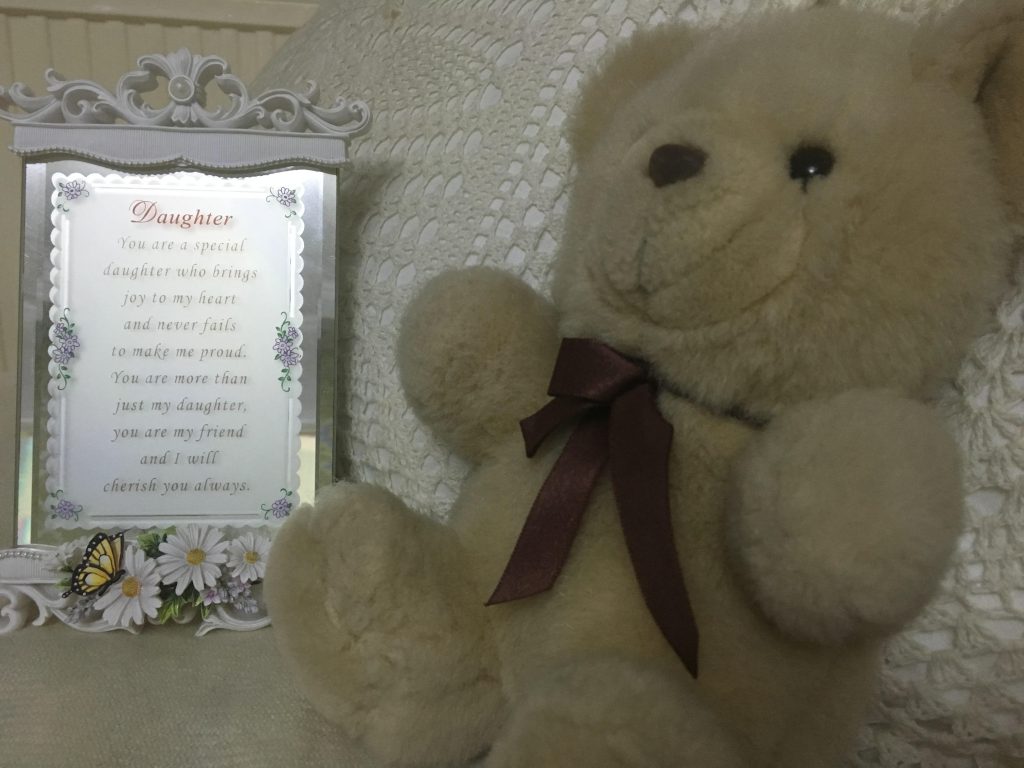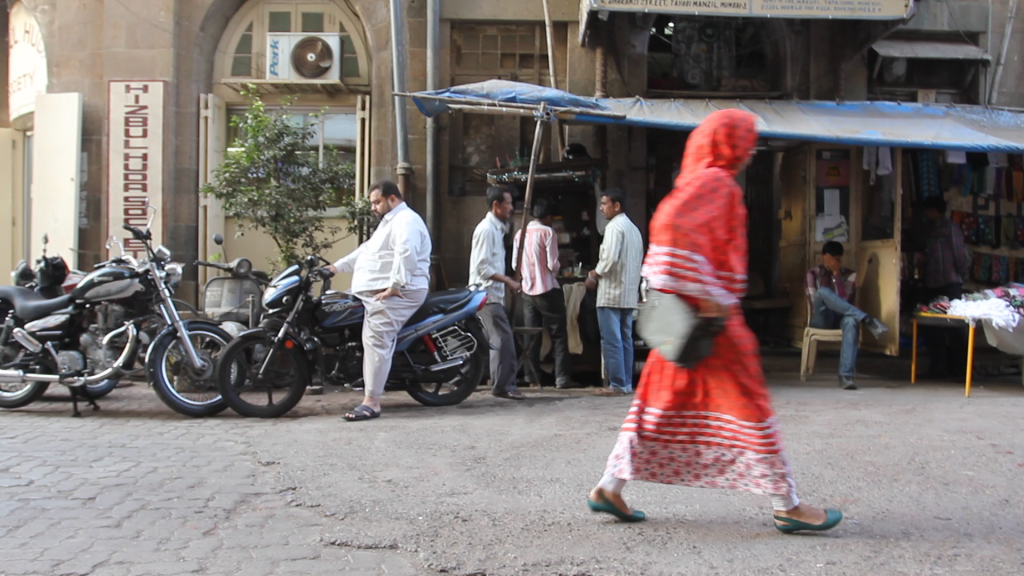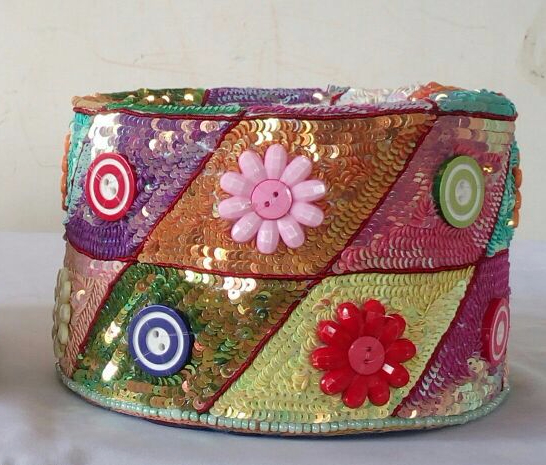વહાલી દીકરી, હું દિલગીર છું તારી ખતના થઇ

વહાલી દીકરી, હું દિલગીર છું તારી ખતના થઇ – એક બોહરા પિતા ની દિલ ની વ્યથા વહાલી દીકરી, ઘણા વર્ષો પહેલા મેં એક ભૂલ કરી. તારી મમ્મીએ આવીને મને કહ્યુ કે હું અપની દીકરી ની ખતના કરાવ છું. મને આ પ્રક્રિયા વિષે કાંઈજ ખબર ન હતી. મેં એમ માની લીધું કે તારી મમ્મીનેજ આ બાબતે વધારે સમજ છે. તારા ઉપર જે ગુઝર્યું એમાં મારું અજ્ઞાન કોઈ બહાનું નાજ હોવું જોઈએ. આ ઘટના પછી મેં ઘણી વાર તારી મમ્મી ને પૂછ્યું કે એક ભણેલી સ્ત્રી, જે એવા દેશમાં રહે છે જ્યાં આ પ્રક્રિયા ગેરકાયદેસર ગણાય છે, તે પોતાની દીકરી ને એના આધીન કેમ કરી શકે? મને ક્યારેય સંતોષ જનક જવાબ મળ્યો નહી. ફક્ત એમજ કહેવામાં આવ્યું કે ‘તે આપનો ધર્મ છે’. આ જવાબ હું ક્યારેય સ્વીકાર નથી કરી શકતો. જ્યારે તારી સાથે શું થયું એ વિસ્તૃત રીતે વાંચ્યું તો મારી આંખો ભરાઈ આવી. આટલા વર્ષો થી હું અંજાન હતો કે તારી ઉપર શું તકલીફ ગુઝરી છે. તું તો માસૂમ હતી. જાને કેટલા પિતાઓ મારા જેવીજ સ્થિતિ માં હશે, છેવટે આ અમાનુષી કૃત્ય ને જાની ને અંજાન કે પોતાની પુત્રીએ એટલા વર્ષો થી શું વેદના મન માં દબાવી રાખી છે. મને યાદ છે જ્યારે પહેલી વાર તને મેં હાથ માં લીધી હતી ત્યારે મનોમન હર્કાયો હતો કે તું પરિપૂર્ણ છે. મને વર્ષો થી દીકરી જોઈતી હતી. તારી અંદર કાંઈજ કમી ન હતી, છતાય તારી વાઠકાપ કરવામાં આવી. હું દિલગીર છું. હું જાણું છું કે તને આપયેલા સંસ્કારોજ તને પાપ કરવા થી રોકે છે, બીજું કાંઈજ નહી. વિચારું છું કે તું ફક્ત પાંચ વર્ષ નીજ હતી. તારા સાથે શું થઇ રહ્યું છે તેનાથી તદ્દન અંજાન અને ઘબ્રાએલી. હું દિલગીર છું કે તારી રક્ષા કરી ન શક્યો. અજ્ઞાન એ કોઈ બહાનું નથી ના કે અંજાન થવું સામાન્ય. હું વચન આપું છું કે આ અમાનુષી પ્રક્રિયા નો અંત લાવવા મારાથી બનતું બધૂજ કરીશ. હું કોશિશ કરીશ કે બંધ બારણા ની પાછળ શું થાય છે તે બીજા બધા પિતાઓને ખબર પડે. છોકરીયો પ્રત્યે નો આ ગુનોહ છે જે ખોટી માન્યતાઓ થી પ્રેરાયને એના પોતાનાજ માણસો એની ઉપર ગુજારે છે. એક દિવસ જ્યારે તું માં બનશે, હું તારી પાછળ ઉભો રહીશ. મારે આ વસ્તુની કાળજી વર્ષો પહેલાજ લેવાની જરૂર હતી કે જેથી હવે આવનારી પેઢી ને આ તકલીફ વેઠવી નજ પડે જે તુએ ઉઠાવી છે. This is a translation of the original English post that was published on May 24, 2016. Read the original post here.
‘My mom regrets that she allowed khatna to be performed on me’

Age: 34 Country: USA I was six years old when my mom explained to me that I had to undergo the procedure of khatna – that a small surgery would happen on my private parts. I simply understood that it was one of the many rituals that I, as a Muslim girl, would experience. So one night when my parents and I were at the markaz for an event, my mom took me with her to the back room storage area where a young woman introduced herself as a doctor. The cutting happened so quickly – I do not remember any pain. I do not remember being afraid. I was given a maxi pad to wear which felt awkward. And was then asked to go into the men’s section to tell my dad we were ready to go home. While physically, I was not severely damaged, emotionally the experience of khatna has held a sobering cloud over my understanding of sexual health. The practice of khatna reinforced the idea that a woman’s sexuality is to be protected and hidden and not talked about. This is compounded by the policing of menstruating women – that we cannot touch the Qur’an or enter the Masjid while on our period. This all serves to define female genitalia as dirty things to be cut, cleaned or controlled. It took me years to unlearn this internalised oppression and find a way to practice Islam in a way that allows me to feel empowered by my sexuality instead of ashamed of it. I am also grateful that my parents are part of this journey with me and are speaking out against the practice of khatna. I know my mom especially regrets that she caved to the pressure from her parents and allowed khatna to be performed on me. I wish I could take that burden of guilt away from her. I can only hope that as she sees me in a healthy relationship with my husband now, she knows that I am OK and that we can work together to ensure the practice of genital cutting ends with my generation.
My father did not allow khatna to happen to me

By: Aiman Age: 26 Country: United States I am a 26-year-old Indian female born and raised in the United States. I come from a Dawoodi Bohra family. I only recently found out about khatna, or female genital cutting, when my cousin exposed me to the issue. It came as a shock to find out that this practice had happened to many of the women in my family. I was overcome with horror and sadness at learning that information. I wondered why khatna hadn’t happened to me. After all, I went to India so many times as a child and stayed with my mother’s family, who supported this practice. Wanting to learn more about it, I decided to reach out to my mother. My mother told me that at the time it was a very common practice and they all had it done. She also told me that she didn’t know why it was performed. She told me she was mad when it happened to her because it hurt her, but she was not mad at her mother. Her mother didn’t know any better, my mother said, it was tradition and no one questioned it. My mother went on to tell me that the reason it did not happen to me was because my father was against it, and would not allow it to be done to me. I feel extremely lucky to have such a progressive father, who did not support this practice. But knowing that this has happened to my cousins, in India, and in America, is heartbreaking. I am in full support of my family members speaking out against the practice and letting the world know that this is not right and should not occur anymore.
I will not let my younger daughter be cut, says a Bohra father

By: Hozefa Anik Age: 40 Country: India The first time I heard about khatna was some 15-16 years ago, when I was working in Doha, Qatar. I was told that it is a practice prevalent in parts of Egypt, mainly in the villages located in the Nile river basin. The soil of the basin was supposed to be very fertile and had a certain effect on women’s genes, apparently making their clitoris grow ten times bigger than its normal size. Because of this, the women would remain in a constant state of physical arousal – any bodily movement would cause friction and arouse them. To control that, they started cutting the clitoris, which eventually turned into a tradition. I never thought much about this till, a few years ago, I read about a lady opposing khatna in Australia and discovered that this was being practiced among the Bohras too. And I was against the idea of khatna from the very first time I heard about it. My elder daughter was cut when I was out of India and I was not even informed or consulted. It is a misfortune that on the one hand, we say that we are advanced and we use the latest gadgets and technology, but on the other hand, we still adhere to age-old rituals and traditions. We are fed such things from childhood, so for us it becomes a way of life and we do not even bother to understand the rights and wrongs. I will give you an example. When I was in Santo Domingo, we had a live-in maid in our house. She stayed with us during the week and went to her own house on Sundays. One day, I saw her cutting her nails at night and I objected to it, telling her not to do it at night and to try to do it only on Fridays. This was based on the superstition fed to me from childhood that we have to cut nails only on Fridays and never at night. When the maid asked me the reason for this, I was unable to give her a satisfying explanation as I myself am unaware of the logic. I don’t follow it anymore. I cut my nails whenever I want but the problem is I still feel guilty if I cut them at night. This applies not just to Bohras; this is global. Every religion, community, society has some sort of superstitions. My elder daughter has been cut, but I am not going to do it to my younger daughter. My wife is on board with me about this – we will not let this happen to her.
Dear daughter, I am sorry you were circumcised

A heartfelt letter from a Bohra father, who wished to remain unnamed, to his grown-up daughter: Dear Daughter, Many years ago, I made a mistake. Your mother came to me and said “I’m going to have our daughter circumcised”. I knew nothing about this procedure, assuming that your mother knew best. My ignorance is no excuse for what you went through. I’ve asked your mother many times since this occurred, why an educated woman who resides in a country where this is illegal subjected her daughter to this practice? I never received a valid reason. Simply saying that “it’s in our religion” is not a good enough answer for me to accept that my daughter went through this. When I read your account of what happened, my eyes filled with tears. For all of these years I was oblivious to the trauma that you underwent. You were an innocent child. I wonder how many other fathers are in the same position as me – finally learning about this heinous practice and unaware of how their daughters have silently struggled with this for so many years. I remember the first time I held you in my arms and thought to myself “she’s perfect”. You were my little miracle, after years of wanting a daughter, you finally arrived. I’m sorry that something was removed from you, because there was nothing wrong with you to begin with. I know that it is your upbringing and your strong values that prevent you from sinning and nothing else. To think that you were only 5 years old, completely oblivious to what was happening to you and frightened, I’m sorry that I wasn’t there to protect you. Ignorance is never an excuse. Nor is it acceptable to turn a blind eye. I promise you that I will do everything in my power to support the noble cause of finally putting an end to this practice – and ensuring that other fathers become aware of what goes on behind closed doors. A crime against girls, committed by those who love them due to incorrect beliefs and reasons. One day, when you become a mother, I will stand behind you, like I should have done years ago and ensure that this family’s next generation never has to suffer the way that you did. All my love, Dad This article was reposted on December 7, 2016. A Gujarati translation was also posted here.
